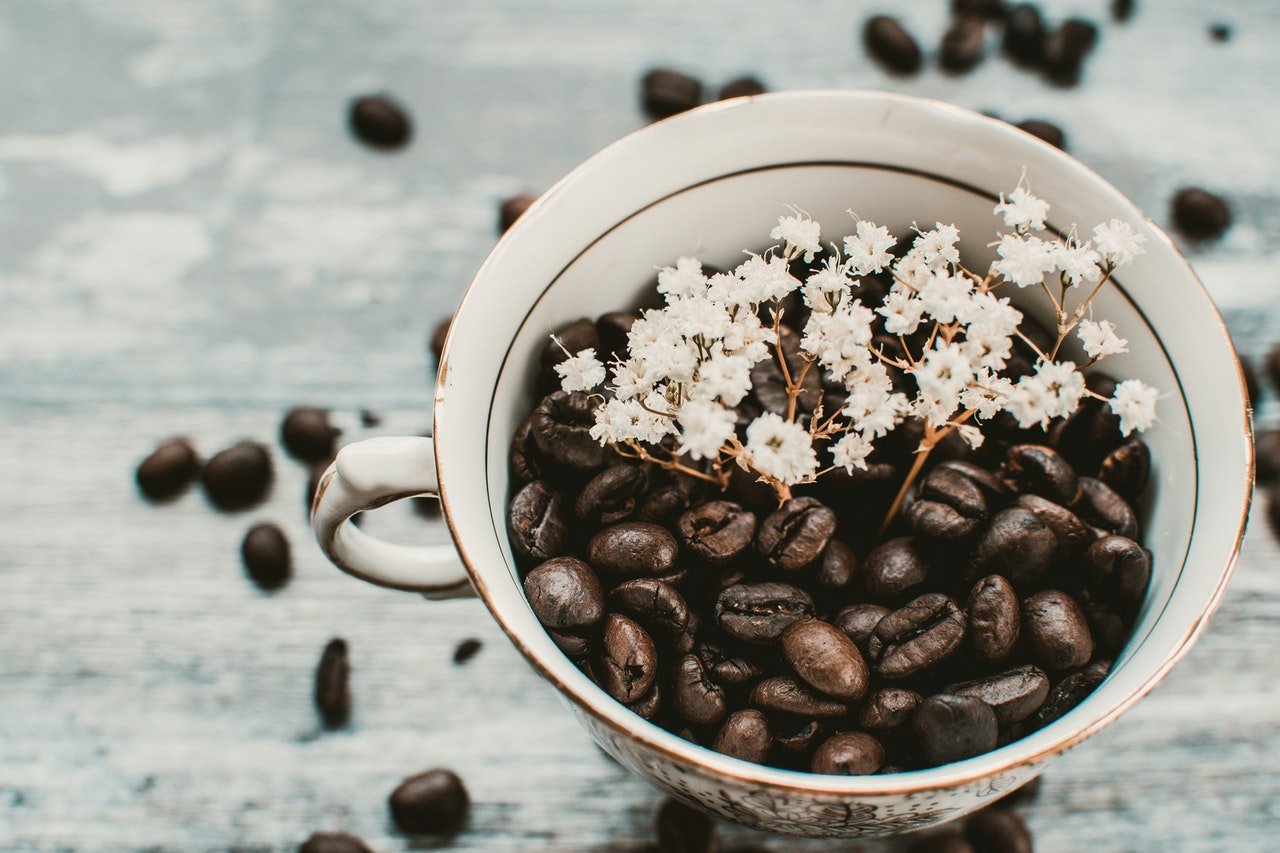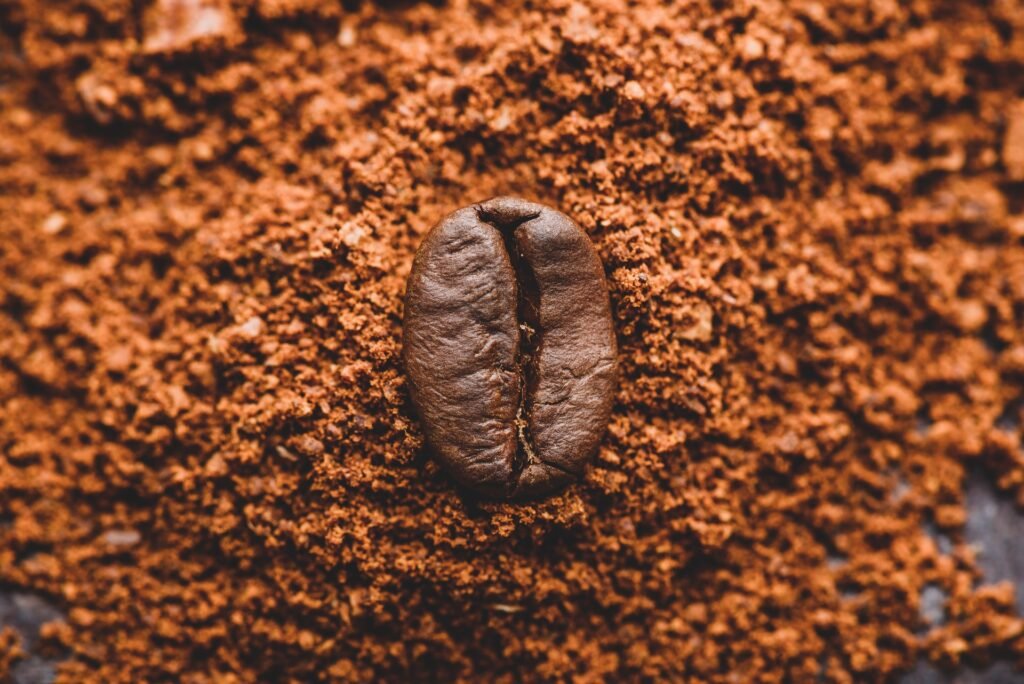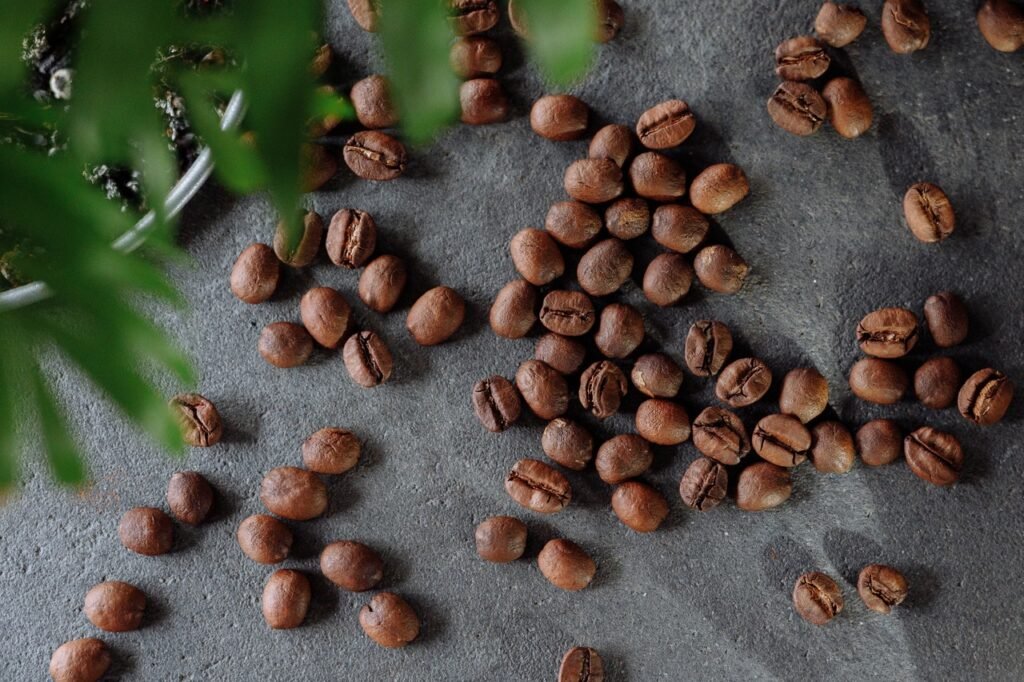
16 Dec High-altitude coffee or strong coffee? The Arabica and Robusta Blends
Although they all belong to the same family, coffee plants are very different. Probably, every day you drink the delicious drink without knowing that there are more than a hundred different species. However, the most common on the market are Arabica and Robusta. For this reason, at Café Hampei we want to tell you about the properties and differences between each of them.
Their original names are Coffea Arabica and Coffea Canephora and they constitute the largest types of seed. The former come from the original coffee plant in Ethiopia, but are also widely produced in Latin America. In contrast, robust coffee is native to West Africa and is grown in Southeast Asia, with Vietnam being the main producer in the area.
The magic of Arabica coffee
Arabica coffee production is grown at high altitudes. However, the qualification we give it is because it is a softer and more aromatic mixture for the palate. It is also elegant and useful for important events and refined spaces.
Arabica coffee is grown in subtropical climates, 500 to 2400 meters above sea level, but it is very sensitive to both heat and extreme humidity. Therefore, a specific and welcoming environment should be created for the plantations, paying close attention to the crops. Around them other tall trees are placed so that the grains grow in the shade and with higher quality, approximately between 15º and 24º of temperature.
There are other relevant processes during coffee cultivation such as the quantity and quality of the water that reaches the plant. In this way, the taste of the drink is slightly acidic and very balanced. In addition, the master coffee growers carefully choose each coffee bean before putting it in the sun and roasting it. The resulting grain is oval and with an S-shaped crack.

The Arabica coffee plant is as selective as the quality that is obtained after the process is completed. Shrubs need well-fertilized, acidic soil to thrive, but they reproduce themselves through self-pollination. It will bloom after a good rainy season. Its only drawback is that plants are very sensitive to pests, fungi and microorganisms.
Some examples of Arabica coffee are Moka, Java, Tarrazú and the Blue Mountain brand. These coffees are very smooth and delicate. In its packaging, once toasted and ground, fruity, sugary and chocolate nuances are preserved, capable of flooding the entire room before preparing.
Although it comes from the Arabian peninsula, today Brazil is one of the most important producers of Arabica coffee around the world. Our coffee, Hampei, is 100% Costa Rican and takes advantage of the benefits of the subtropical climate to create the perfect blend with Arabic coffee.
The magic of Arabica coffee
- It is the most exquisite mix of aromas and flavors in coffee.
- Its flavor is smooth and closer to nature.
- Fruity and floral notes are appreciated in the final drink.
- It is a very personal, manual and laborious mix. Master roasters are the artisans of our cup of coffee.
- It can be considered a Gourmet and superior quality coffee and the best for foodies.
- Its high cost is only a sample of the excellence to which you access when buying Arabica coffee.
- If you buy it regularly, you are part of the 70% of the planet that enjoys Arabica coffee culture.
The strength of a coffee
Unlike Arabica coffee, robusta coffee can be grown on the plains and its production is much easier. It is characterized by being a stronger mixture and with a higher concentration of caffeine. It is used in less refined spaces, for quick and even instant coffees. However, it is not possible to give it a negative qualifier. We have hundreds of varieties of coffee for all tastes.
This variety, specifically, almost doubles the caffeine of the Arabica variety and this is remarkable in both its taste and its smell. Robust coffee is grown in lower latitudes, but its fruits are produced much faster; obtaining a strong, bitter, earthy and dry coffee. India and African countries have managed to capture the best essence of this drink and export it to the whole world.

When grown in low-lying areas, robust coffee is more resistant, both to inclement weather and to pest attacks. Arabicas are self-reproducing, while robust ones are self-protecting. In this way, production costs are lowered and coffee masters do not need to spend as much time and attention on crops. The resulting coffee bean is very round and with a straight and symmetrical crack.
Robusto coffee is a stronger crop in every way, both in its taste and smell, as well as in its adaptation to climatic conditions and the composition of the soil. It does not require as much water as its similar Arabica variety and it differs from it also due to the larger size of its plantations.
The result of the robust coffee harvest is a bitter taste, combined with nuts and wood. Its texture is rougher, creamier and more compact. But, although it is possible that in your cup of coffee you feel certain impurities, it is one of the qualities for which it is better to use it in other recipes with the drink. However, a not very small sector enjoys drinking several cups of robust coffee a day in a big way.
The wonders of robust coffee
- It is the same amount of coffee, it is concentrated twice as much caffeine.
- The robustness of the coffee includes more accentuated flavors and hints of dried fruit.
- The mixture, although cheaper, represents more than 30% of world consumption.
- They are higher yielding crops, both for drinking natural coffee and for experimenting with it throughout the year.
- Robust coffee contains dark chocolate and the taste of wood in each sip of your coffee.
- Baristas love this mix for making espressos, cut coffees, and other day-to-day beverages.
So which one to choose?
Just as there are Arabic and robust coffees, there are many other varieties of coffee in the world. These two are the most common and accepted among the population, but many do not know how to differentiate them. Therefore, we have brought you a summary of its unique characteristics and properties. The final decision is up to you.
Remember that at Café Hampei we prepare a 100% arabic blend created especially for you. Discover the secret and the passion that we put into our mix, because in the face of long and hectic days, it is better to wake up happy and with the best coffee.
"Oh coffee, you dispel all worries (...)" - Ab-El Kader

No Comments